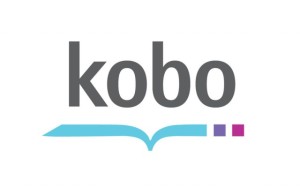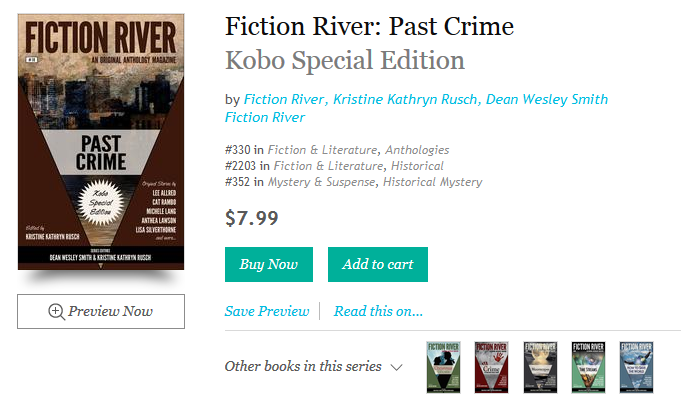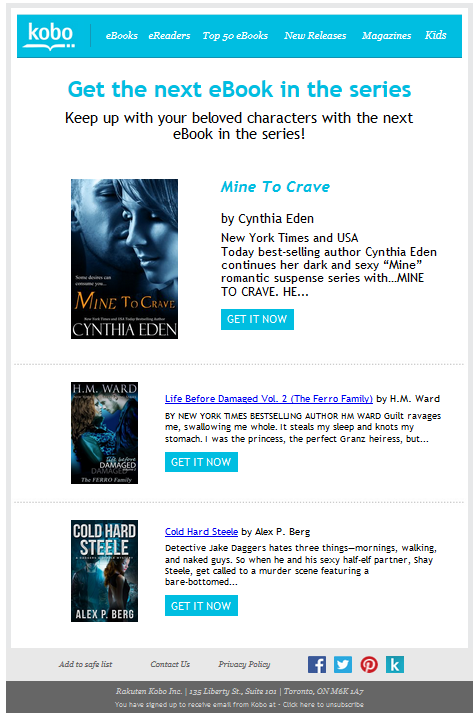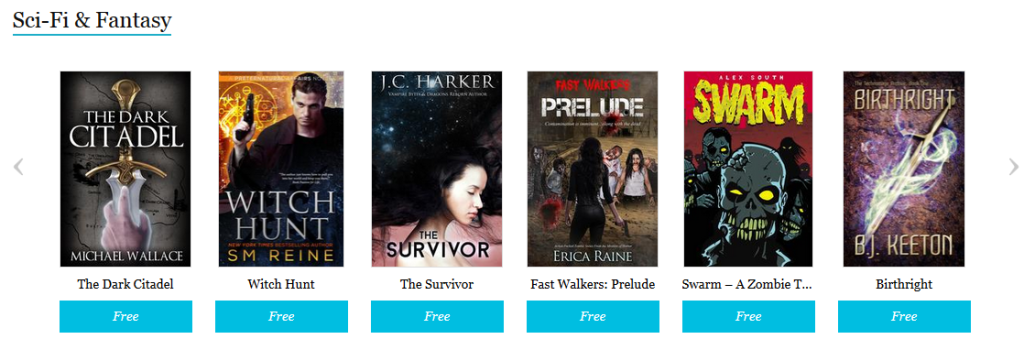A guest post by Terry Odell.
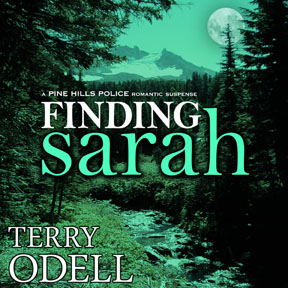 I’m delighted that I was invited to be here today to share some information about audio books. I’m a firm believer in casting as wide a net as possible, but the audio market was one I’d ignored, thinking it would be too expensive. Not so. I’ll share what I did, which is the easiest and cheapest way into the system. There are other routes, but I can’t talk about something I’ve had no first-hand experience with. Therefore, this post is about using ACX to create an audio book. While I was going through the process with 5 of my books, I did my own blog posts about each phase. I’ve included links for those who want more specific details.
I’m delighted that I was invited to be here today to share some information about audio books. I’m a firm believer in casting as wide a net as possible, but the audio market was one I’d ignored, thinking it would be too expensive. Not so. I’ll share what I did, which is the easiest and cheapest way into the system. There are other routes, but I can’t talk about something I’ve had no first-hand experience with. Therefore, this post is about using ACX to create an audio book. While I was going through the process with 5 of my books, I did my own blog posts about each phase. I’ve included links for those who want more specific details.
The pros: Audio book sales have been growing in double digits. It’s a new audience. It’s easy to do. It’s a way to make a little extra money. There’s little, if any, up-front money required. Narrators are waiting. And using ACX puts your books at audible.com, Amazon, and iTunes.
The cons: It will take time. It’s a new audience, and if you’re a digital/print person, finding the listening audience is a new marketing effort. Income is unpredictable.
Of course, the big question is, “Is it worth it?” but I can’t really answer that. What I’ll do here is lay out the process, and you can decide if the time required would make it worthwhile for you. I’m not putting a roof over my head with my audio book sales, but I know others who are. And I’ve liked it enough to start production of my Mapleton Mystery series soon.
 ACX is part of Amazon. If you have a book on Amazon (and hold the rights to them), you’re already in the system. Just go to ACX.com and “claim” your books. Easy-Peasy.
ACX is part of Amazon. If you have a book on Amazon (and hold the rights to them), you’re already in the system. Just go to ACX.com and “claim” your books. Easy-Peasy.
Next, pick one of the books you want to turn into an audio book. You’ll get a bunch of screens asking for information. Most of it is obvious. Since I had no money to ‘hire’ a narrator, I chose the royalty split option. This means I only get half the royalties, but I have no out-of-pocket expenses. And, since it’s a split, narrators are likely to market the book. I was also lucky to have my books included in ACX’s stipend program, which means ACX gives narrators a bonus, so you’ll get more auditions.
Here’s where there’s a little more effort required: You have to ‘sell’ your book to narrators. There’s a box for description, and it’s smart to mention your ‘reach’ – social media, newsletters, blog, awards – anything that will let the narrator know you’re serious about your career.
Be sure you specify the genre of the book (I made sure my prospective narrators knew they’d be reading a sex scene) and any other specifics from the myriad ACX provides. Narrators audition by reading a short passage you provide, about 3–5 minutes of narration. I tried to find sections that had narration and dialogue between two characters so I could hear how they did the voices, as well as whether I could detect spoken dialogue from interior monologue from straight narration. Also, your audition script doesn’t have to be consecutive text, so you can pick and choose parts that you think will help you decide. More details here

Choosing a narrator. Can you record your own? Yes, but you need a professional recording studio. It makes a huge difference, and ACX will turn down projects that don’t meet their standards. One of my narrators showed me how she worked on Finding Sarah’s characters. No way could I have done that. More details here.
Keep things professional. As someone who hates saying “no” to people, it was difficult to be on the ‘send the rejection’ instead of ‘receive the rejection’ end of things, but since there are audio book listeners who won’t buy a second book if they don’t like the narrator of the first, or who choose books solely on the basis of the narrator, it’s an important decision. I tried to be professional about it and let my ‘rejected’ narrators know so they could move on. I was surprised at their response. More details here
Cover art. You can’t use your ebook cover for an audio cover. ACX wants them square. This was the only expense I encountered, and my cover artist did them for a pittance. More details here
What do the narrators think? I interviewed mine. Details here. and here.
Proof listening. Once your narrators recorded the book, you have to approve it. This is where most of your time will be spent, because you can’t ‘skim’ listen. I had my manuscript open and followed along word for word, although I know other who just listened. I’d written the books years before and wouldn’t have caught a missing word, phrase, or paragraph (it happens) otherwise. Sometimes the inflection didn’t sound ‘right’ to me. In a few cases, the character seemed ‘off’—too gruff, or too chipper for my visions of the scene. Also, although my narrators checked with me about words they weren’t sure how to pronounce, if they didn’t think it was a problem, they didn’t ask, so there were some corrections along those lines we had to make as well. A side benefit—sometimes the narrators caught mistakes in my manuscript (gasp!), which I was then able to correct in the other versions as well. More details here.
I hope this gives you some insight and a place to start thinking about doing an audio book.
You can win one of Terry’s audio books! Go to her website here, pick which book you’d like, and tell us in a comment. On Tuesday, June 30th we’ll announce the winner here and on our fictorians fb page.
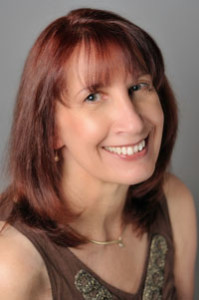 Terry’s Bio:
Terry’s Bio: From childhood, Terry Odell wanted to “fix” stories so the characters would behave properly. Once she began writing, she found this wasn’t always possible, as evidenced when the mystery she intended to write turned into a romance, despite the fact that she’d never read one. Odell prefers to think of her books as “Mysteries With Relationships.” She writes the Blackthorne, Inc. series, the Pine Hills Police series, and the Mapleton Mystery series. You can find her high in the Colorado Rockies—or at terryodell.com.


